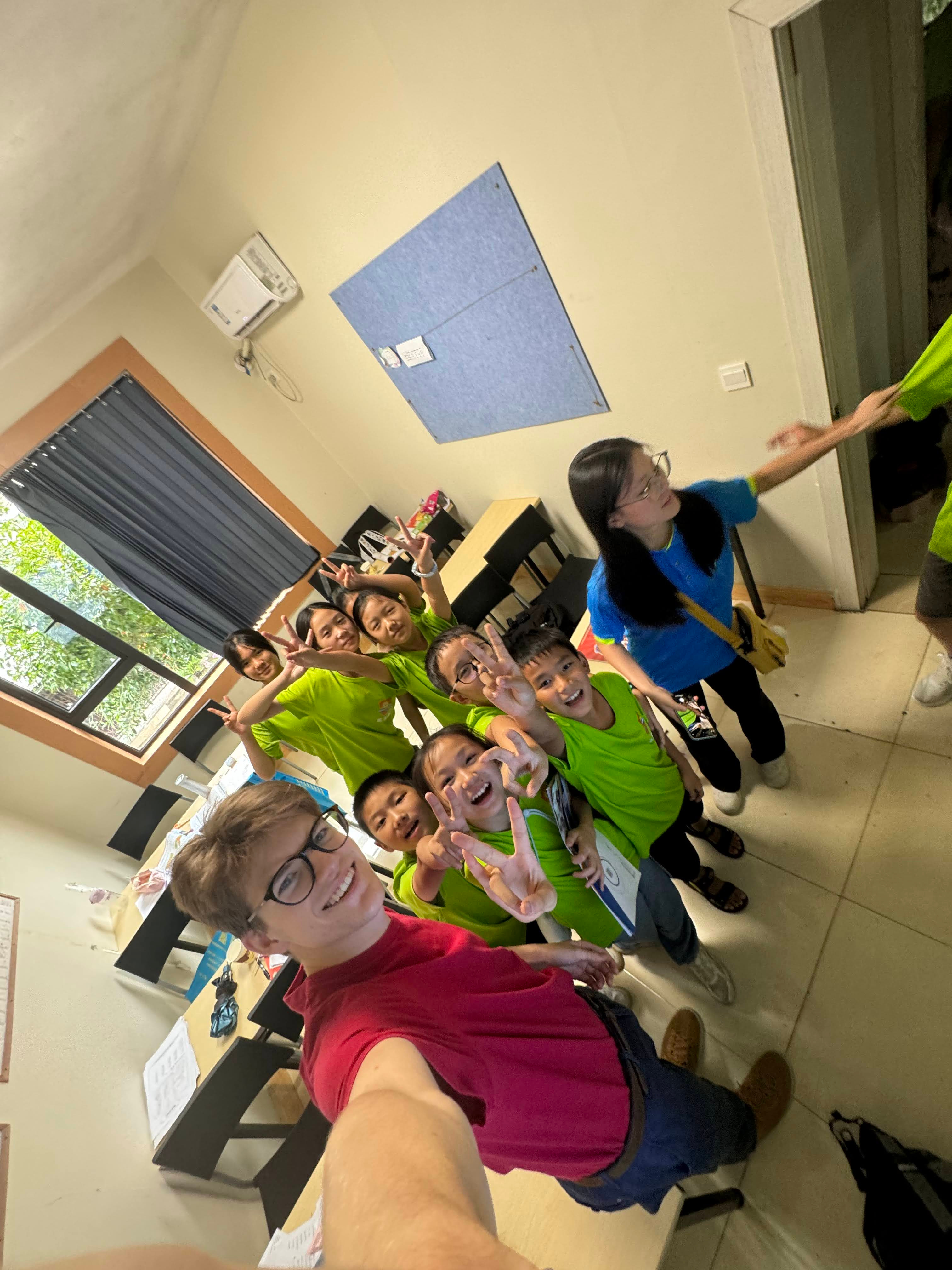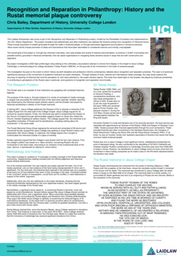Two months in China

This summer I spent two-and-a-half months volunteering as an English teacher to children aged between six to sixteen in a place called Yangshuo, southern China. China was one of the most incredible journeys I’ve ever experienced. It is an absolutely beautiful country filled with the kindest people I’ve ever known and breath-taking scenery. And the food…!
First, a bit of context. At this summer school there were two places: the academy; and the summer camp. The academy was the same as a normal school day, 08:30-17:30, where it was just English lessons with a three-hour lunch break – due to the heat – which I will definitely miss in the non-napping working culture of the UK! The summer camp similarly had English lessons but also had activities and was a lot more fun. Albeit, it was from 08:30-22:00 Monday to Sunday, starting again on Monday which was often exhausting.
One crucial skill I built upon abroad was adaptability. I grew up in the sort of family where important documents are printed before holiday and laminated and we arrive five plus hours before flight departure. I prefer schedules and knowing exactly what I’ll be doing and with whom months before the start date. However, as this experience proved, sometimes planning to such an extent is unnecessary and being too rigid here a flaw. Planning and organisation certainly is important, but the difference is that we should be able to adapt to changes in circumstance, which I often struggled with. The working culture in China, at least in my school, had almost no set-plans. Timetables for the following week were finalised late in the Sunday evening the day before and I sometimes only found out what I would be doing on the day. I found this immensely frustrating as I was expecting a schedule of classes to teach which turned out not to be the case.
However, the nature of schools means it is important to adapt to these changes and not fight them. You can plan all you want, but changes will still occur, whether it is covering a class due to a teacher’s illness or due to unexpected school events. Instead of hyper-focusing on following through with a schedule, I learnt it is also equally important to open up to changes.
Additionally, this difference comes with many benefits that working life in the UK lacks. By and large, in the UK, if one wants to do something or ask for anything, one normally needs to send emails long in advance, request several meetings and work through mind-numbing bundles of pointless paperwork, often leading to no solution. This aspect of UK life I do not miss. Having volunteered for a society role in my university’s students’ union this year, I know the bane of bureaucracy all too well!

In China, on the other hand, things are more flexible. If there were ever a problem or concerns at the school, the people I worked for were always ready to help out. Instead of emails requesting information or action long in advance, most things are accomplished in half-an-hour. Everyone is on WeChat (similar to WhatsApp) and all I needed to do was send a message to my boss and they were on it instantly. While most messages concerned transferring children to a different class where they would fit that level better, it was also the media through which I communicated personal issues. In one such case, my sink broke in a dramatic way late in the evening and I messaged to ask if they could send someone, expecting it to be the following day. But, thirty minutes later a crack team of five men knocked on my door and got straight to work. They finished in twenty minutes. This example does however reveal a negative aspect of Chinese working culture: the long hours and constant grind. So while at the time I was very pleased to see such a fast response, it also served as a reminder that for many Chinese people the sun of the working day rarely sets. However, they went to great lengths to make us English volunteers feel at home and for that I am immensely grateful to my school this summer.
There are several more leadership skills that volunteering as a teacher greatly helped me with but for the purposes of this blog and space, I will restrict it to one, adaptability. Perhaps more will come…



Please sign in
If you are a registered user on Laidlaw Scholars Network, please sign in